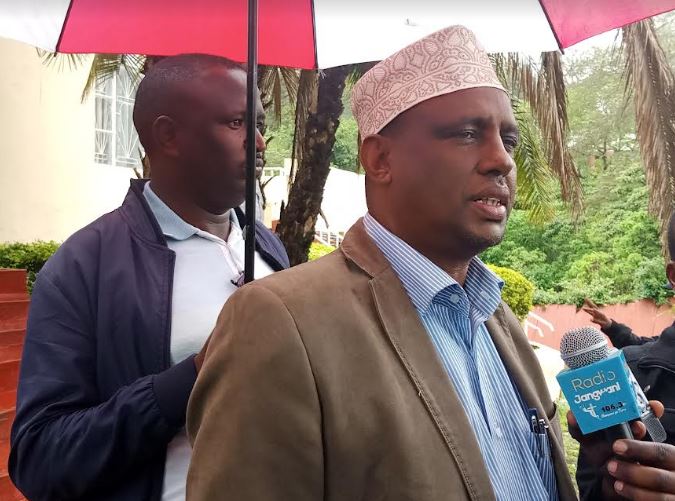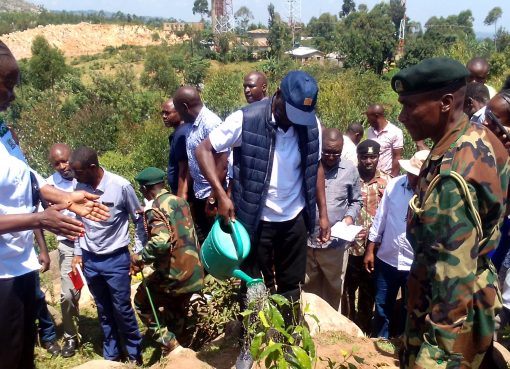The ongoing heavy rains have wreaked havoc in almost all parts of Marsabit County, leaving thousands of residents in dire need of humanitarian assistance.
Consequently, Marsabit Governor Mohamud Ali has made a compassionate appeal to the national government and other humanitarian agencies to scale up the ongoing interventions, saying the number of needy cases was on the rise.
Governor Ali told the media in Marsabit town on Wednesday that all nine sub-counties across the county have been affected, adding that the road network has been destroyed by the heavy rains.
He pointed out that areas like Dukana, Shurr, Sololo, Moyale, Dabel, Kargi, and Ngurunit, among others, have been cut off from the rest of the world after roads got destroyed and bridges washed away and would only be accessed by air.
Other areas include Parkoren, Badan-Retro, Forole, and Illeret, where the governor said relief food could be effectively delivered to the affected residents by using helicopters and cargo planes.
The affected residents have either been displaced or cut off from food sources, while herders are unable to migrate with their livestock.
While assuring the residents of support, the governor said a supplementary budget before the County Assembly was expected to boost the current intervention efforts in food and other humanitarian assistance.
“We have appealed to the national government to assist in the delivery of food aid to the affected families by assisting us with additional foodstuffs and the planes,” he said.
The supplementary budget before the County Assembly has a Sh425 million vote on drought mitigation, which is expected to give the county government a shot in the arm in addressing the needs of the affected households and carrying out repairs on the damaged infrastructure.
According to the Pastoralist Community Initiative and Development Assistance (PACIDA), a local non-governmental organisation, immediate action was needed to stop the weather phenomenon from becoming a tragedy.
PACIDA Executive Director Patrick Katelo observed that 80 per cent of local communities were pastoralists who solely depended on livestock as a source of their livelihood.
Katelo said that outlying areas of Marsabit County have been reeling under enhanced rains that have now advanced into El Niño, which was likely to trigger a humanitarian crisis through an outbreak of both human and animal diseases.
The Executive Director said enhanced hygiene standards were critical at this time to ensure people were not vulnerable to waterborne diseases and malaria.
He said soil erosion and the washing away of farmlands under food crop cultivation were expected to cause food insecurity, despite the efforts made to provide subsidised seeds and machinery for land preparation.
Katelo called for timely arrangements to mitigate against the negative effects of the El Niño rains and also ensure food and shelter aid reach the needy in areas where normal transportation has been curtailed.
He called for collaboration among stakeholders, adding that his organisation, in conjunction with the National Drought Management Authority (NDMA), was currently collecting data on the number of households affected by the rains and floods for better planning on the aid flow.
The enhanced rain-induced flash floods have so far caused the deaths of two people in Marsabit.
By Sebastian Miriti





